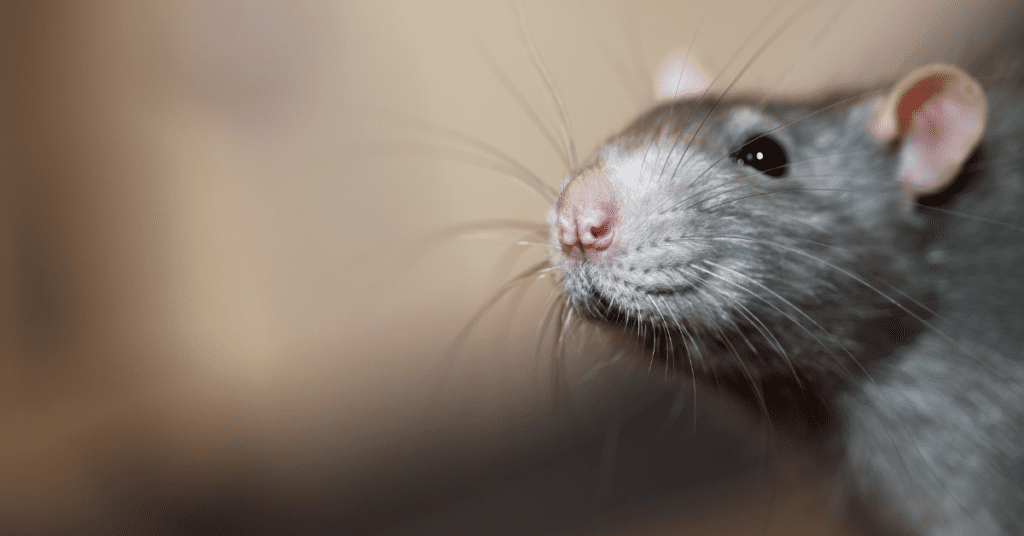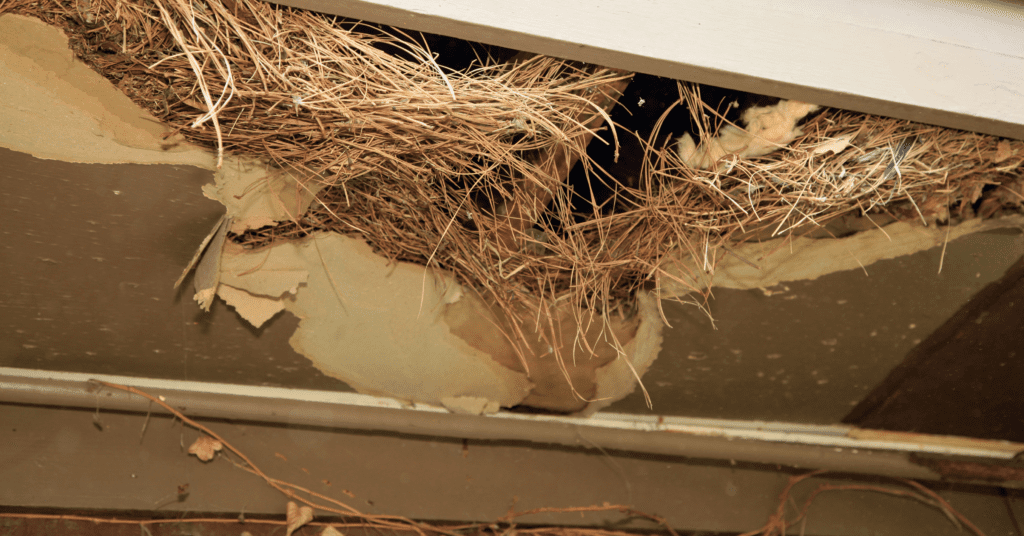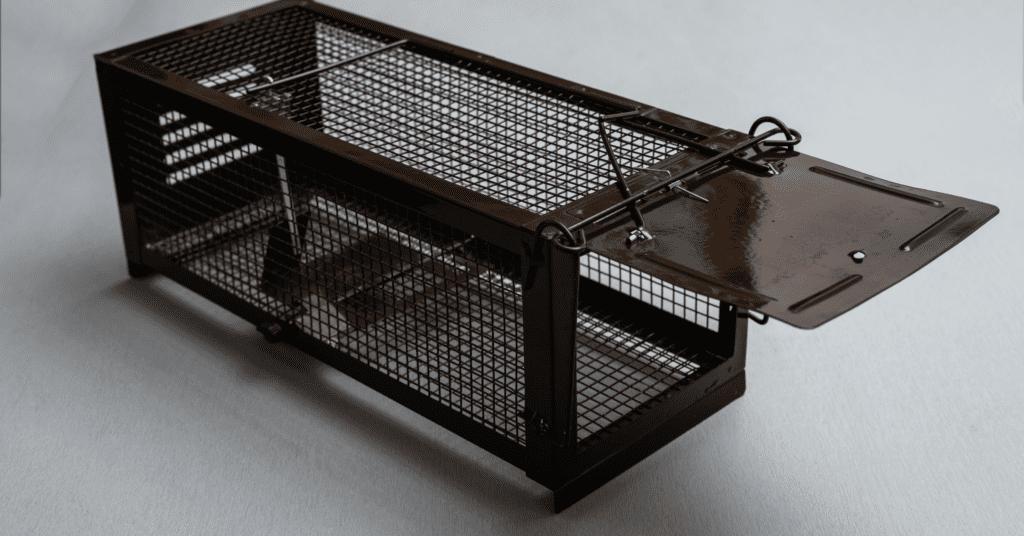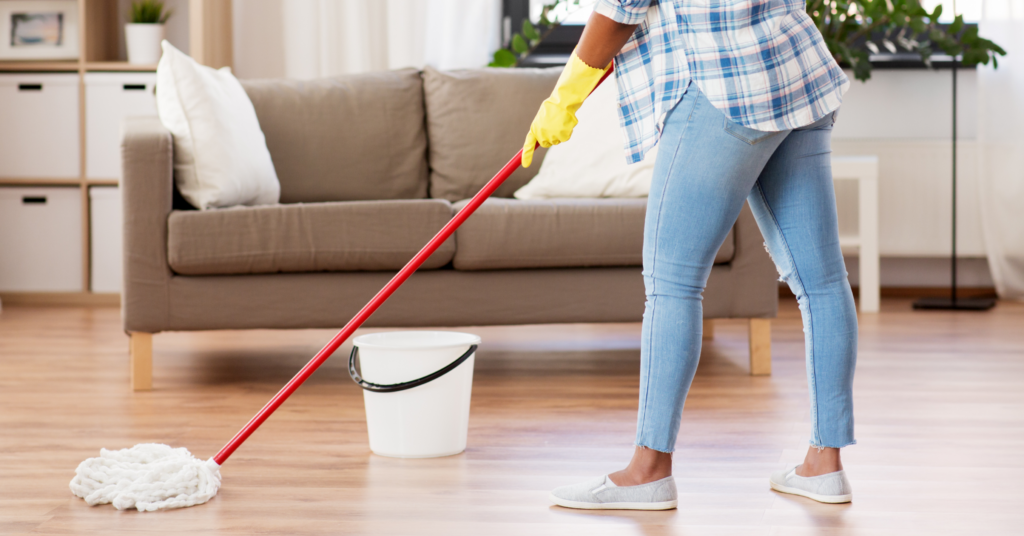Do Rats Go Into Clean Houses?


Rats are common pests that can cause significant damage to a home and pose a health risk to humans. Despite their reputation for being dirty animals, many people wonder whether rats have a natural inclination to clean houses. In this article, we will explore the habits and preferences of rats, how to identify a rat problem, the dangers of having rats in your home, and how to get rid of them once they have invaded your space. We will also provide additional tips for keeping rats out of your home.
What Do Rats Look for in a Home and What Are Their Habits?
Rats are attracted to food, water, and shelter. They prefer to live in warm, dry, and secure areas such as attics, basements, walls, and crawl spaces. They also like to burrow and nest in insulation and other soft materials. Rats are nocturnal and prefer to forage for food at night. They are omnivores and will eat almost anything, including grains, meats, fruits, and vegetables. They can climb, jump, and swim, making it easy for them to access different parts of a home. Just like how rats are attracted to food in your home, ants can be a nuisance too. Find useful tips on how to stop ants in your kitchen.
How to Identify if You Have a Rat Problem and What to Do About It

Signs of a rat infestation include droppings, gnaw marks, urine stains, and greasy smears. Rats may also make scratching or scurrying noises, particularly at night. In some cases, you may see rats themselves, especially if the infestation is severe.
Once you have confirmed the infestation, it is important to take action to remove the rats and prevent them from returning. This can involve sealing off entry points, removing food and water sources, and using traps to eliminate the rats.
The Dangers of Having Rats in Your Home and How to Protect Yourself
Rats can pose a health risk to humans in several ways. They can carry diseases such as leptospirosis, hantavirus, and salmonella, which can be transmitted through their urine and feces. They can also spread fleas and other parasites that can cause health problems for humans and pets. Since rats can spread fleas and other parasites, understanding effective flea treatment methods is crucial for pet owners and households.
To protect yourself from these dangers, it is important to take steps to prevent rats from entering your home in the first place. This can include sealing off entry points, keeping food and garbage stored in secure containers, and cleaning up spills and crumbs promptly. If you do have a rat infestation, it is important to wear protective gear, such as gloves and a mask, when cleaning up droppings and urine.
How to Get Rid of Rats Once They’ve Invaded Your Home


If you have a rat infestation, there are several methods you can use to get rid of the rats. One option is to use traps, which can be either lethal or non-lethal. Lethal traps kill the rats, while non-lethal traps allow you to release the rats into the wild. Another option is to use rodenticides, which can be effective.
In addition to these methods, it is important to take steps to prevent rats from returning. This can include sealing off entry points, removing food and water sources, and keeping your home clean and free of clutter. While addressing a rat infestation, it’s also wise to safeguard your home against other pests, like carpenter ants. Learn more about how to protect your home from carpenter ants.
Additional Tips and Advice for Keeping Rats Out of Your Home
There are several steps you can take to prevent rats from entering your home. These include:
- Sealing off entry points: Rats can enter your home through small holes and cracks. Use caulk, mesh, or steel wool to seal off these entry points to keep rats out.
- Keeping your home clean: Rats are attracted to food and garbage. Keep your kitchen and other areas of your home clean and free of crumbs and spills. Store food in secure containers and keep your garbage in sealed bags.
- Removing outdoor food sources: Rats may be attracted to outdoor food sources, such as bird feeders and pet food bowls. Keep these areas clean and free of debris to discourage rats from hanging around.
- Trimming trees and shrubs: Rats can use overhanging branches and shrubs to gain access to your home. Keep trees and shrubs trimmed back to prevent rats from using them as a bridge. Just as it’s crucial to keep rats out of your home, it’s equally important to ensure your outdoor gatherings are pest-free. Discover effective strategies in our guide on how to keep your backyard party bug-free.
- Working with a professional: If you have a persistent rat problem, it may be best to work with a professional pest control company. They can provide expert advice and assistance in eliminating rats and preventing future infestations.


In addition to the practical steps you can take to prevent rats from entering your home and get rid of them if they do, there are some important factors to consider when dealing with a rat infestation. One of the most important is to act quickly. Rats can multiply rapidly, and a small infestation can quickly become a much bigger problem if left unchecked. If you notice signs of a rat infestation, such as droppings or gnaw marks, it’s important to take action as soon as possible to minimize the risk to your health and property.
Another key factor is to be aware of the risks associated with using traps and rodenticides. While these can be effective methods for eliminating rats, they can also pose a risk to pets and children if not used properly. It’s important to follow the instructions carefully and take appropriate precautions when using these methods to ensure the safety of your family and pets. If you prefer environmentally friendly solutions, our non-toxic pest control tips provide safer alternatives for managing household pests.
Finally, it’s important to be aware of the long-term effects of a rat infestation on your property. Even after you’ve successfully eliminated the rats, there may be lingering effects such as damage to insulation and wiring, which can pose a fire risk. It’s a good idea to have your property inspected by a professional after a rat infestation to identify any potential issues and take steps to prevent them from occurring in the future. Pest infestations can significantly impact property value. If you’re considering selling, understand more about how pests can stop you from selling your home.
Overall, dealing with a rat infestation can be a daunting task, but by taking a proactive approach and following the tips outlined in this article, you can protect your health and property and keep rats out of your home for good. Remember to act quickly, use appropriate methods to eliminate rats, and take steps to prevent future infestations, and you’ll be well on your way to a rat-free home.
Need Rodent Control Help?
Thank you for reading our article on rats and how to deal with a rat infestation in your home. If you suspect that you have a rat problem, don’t hesitate to contact us.
If you’re dealing with a rat infestation or any other pest problems in your home, don’t wait for the issue to worsen. Our expert team at West Vancouver Pest Control, North Vancouver Pest Control, Vancouver Pest Control, Burnaby & New West Pest Control, Coquitlam & Tri-Cities Pest Control, and Richmond Pest Control is ready to provide you with efficient, effective solutions. Whether you’re in a bustling city center or a quiet suburb, we’ve got the expertise and the tools to restore your peace of mind and a pest-free environment.
We provide safe and effective methods for eliminating rats from your home, including traps and rodenticides, and can help you seal off entry points to prevent future infestations. Our team of experienced professionals can also provide advice and assistance on how to keep rats out of your home for good.
Contact us today at (778) 903-7378 or send us an email at contact@pestcheck.ca to schedule a consultation and get rid of those pesky rats for good!
